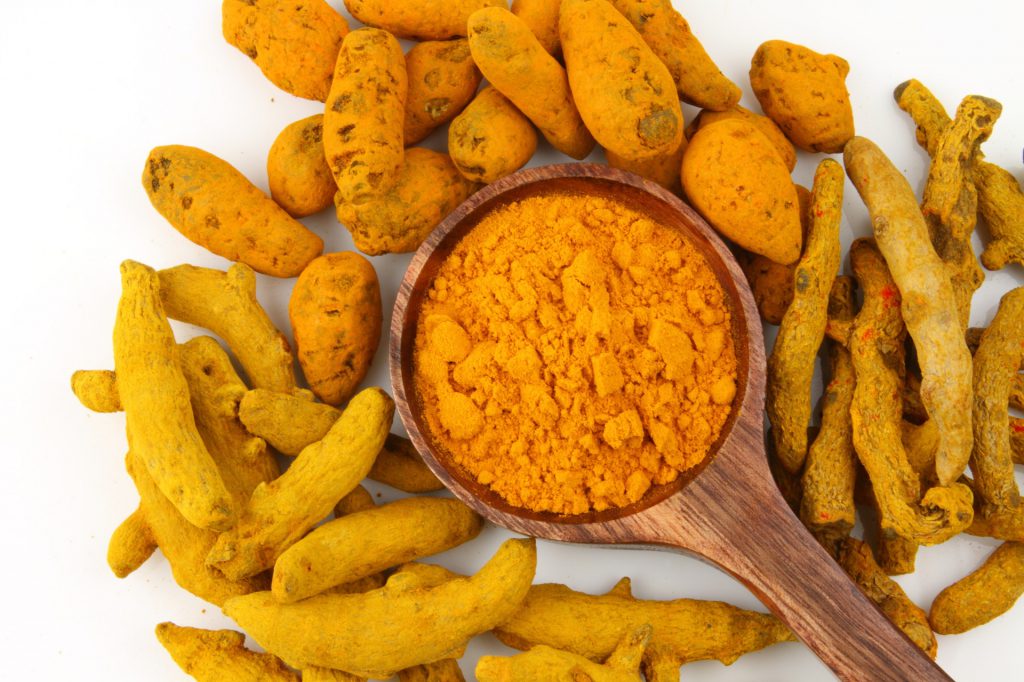Curcumin Defined: Curcumin is the principal curcuminoid responsible for turmeric’s vibrant color and much of its medicinal value. Structurally, it is an organic compound that is not very soluble in water but readily dissolves in fats and alcohols.

Health Benefits:
- Anti-Inflammatory Effects: Curcumin exhibits powerful anti-inflammatory properties by suppressing the production of inflammatory molecules such as cytokines and enzymes like cyclooxygenase-2 (COX-2) and tumor necrosis factor-alpha (TNF-α). This attribute can help alleviate symptoms related to chronic inflammation in conditions like arthritis, irritable bowel syndrome, and even heart disease.
- Antioxidant Potential: Acting as a potent antioxidant, curcumin neutralizes free radicals that contribute to oxidative stress, thereby reducing cellular damage and potentially lowering the risk of degenerative diseases including cancer, Alzheimer’s, and aging-related disorders.
- Cancer Prevention and Treatment: Studies have shown that curcumin may play a role in preventing various types of cancers due to its ability to inhibit cancer cell proliferation, induce apoptosis (cell death), and modulate multiple signaling pathways involved in tumorigenesis. While more clinical trials are needed, early research suggests promise as an adjunct therapy.
- Cardiovascular Health: By improving endothelial function, reducing inflammation within blood vessels, and lowering cholesterol levels, curcumin may help prevent heart disease and improve cardiovascular health.
- Digestive and Liver Health: With its hepatoprotective effects, curcumin can assist in managing liver conditions, particularly those related to alcohol-induced injury or non-alcoholic fatty liver disease. Moreover, it supports digestive health by possibly easing symptoms of indigestion and promoting gut microbiota balance.
- Neurological Health: There is evidence suggesting that curcumin’s neuroprotective qualities might slow down age-related cognitive decline and support brain health, although further research is underway to confirm these effects.
- Other Therapeutic Applications: Research also indicates that curcumin could be beneficial for managing pain, skin conditions, and even mood disorders, thanks to its anti-inflammatory and potential antidepressant-like effects.
In conclusion, while the therapeutic applications of curcumin seem vast and promising, it’s important to note that its bioavailability is relatively low when consumed alone. Many studies are exploring ways to enhance absorption, such as combining it with piperine (from black pepper) or using novel formulations. As always, consumers should consult with healthcare professionals before adding curcumin supplements to their diet, especially if they have pre-existing medical conditions or are taking medications.
